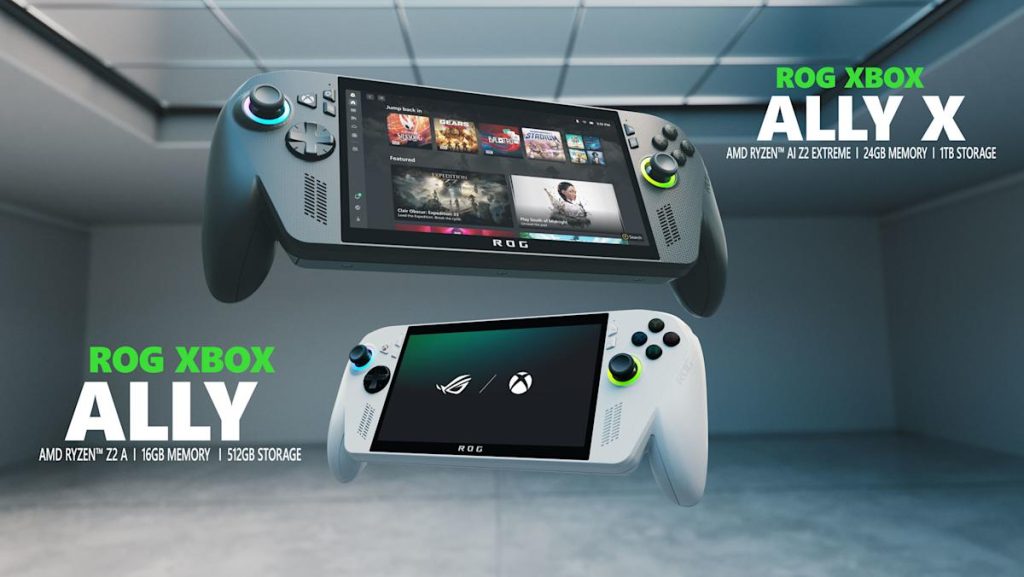Microsoft’s New Gaming Handheld: ROG Xbox Ally
Rumors about Microsoft partnering with ASUS’ ROG division for a gaming handheld have circulated for a long time, and they were confirmed at the recent Xbox Games Showcase during Summer Game Fest. The company is set to release two versions of the handheld: the ROG Xbox Ally and ROG Xbox Ally X.
While Microsoft hasn’t disclosed pricing yet, both models are expected to launch this holiday season. Pre-order details, accessories, and costs will be announced soon. Initially, the devices will be available in several countries, including Australia, Canada, Japan, and the United States.
Xbox’s Sarah Bond affirmed that every game showcased will be playable on the Xbox Ally, although it is unclear if all games will run natively. The reveal highlighted popular titles like Hollow Knight: Silksong.
Notably, the devices won’t be limited to just Xbox games; users will also have access to games from other platforms like Battle.net. Additionally, they will feature Game Pass integration and support the Xbox Play Anywhere initiative, allowing users to sync progress across various devices.
Microsoft has collaborated with Roblox to make it the first game available natively on these handhelds. Furthermore, the company aims to clarify which games are optimized for handheld play through collaboration with third-party developers. New buyers of the Xbox Ally or Ally X will receive a free trial of Game Pass.
Both models will run on Windows 11 with an optimized user interface that includes a dedicated Xbox button for quick access to features. The Xbox Ally features the AMD Ryzen Z2 A Processor, 16GB of RAM, and 512GB SSD, while the Ally X is more robust with the AMD Ryzen AI Z2 Extreme processor, 24GB RAM, and 1TB storage.
Both versions boast a seven-inch 1080p display, “HD haptics,” and features for enhanced control. Weighing significantly more than competitors like the Nintendo Switch, they also support video output to larger screens via USB-C ports, with the Ally X offering ThunderBolt 4 connectivity. This move is a considerable step for Microsoft as it ventures into handheld gaming, aiming to compete with PlayStation and Nintendo.



